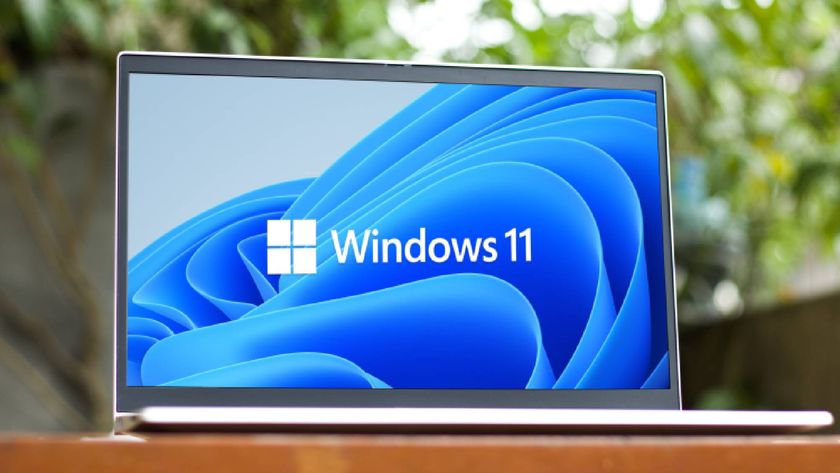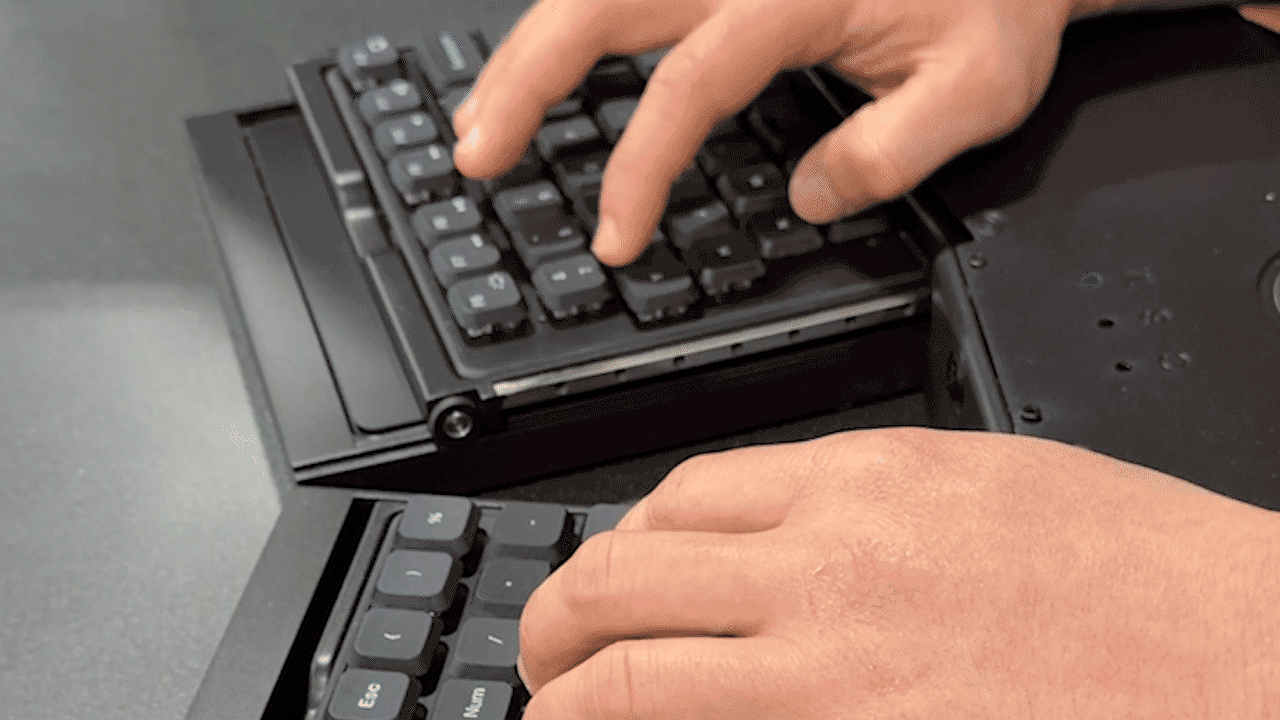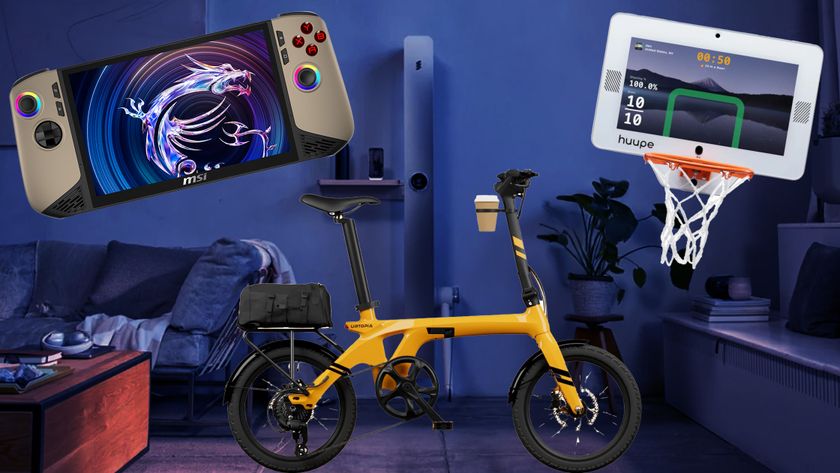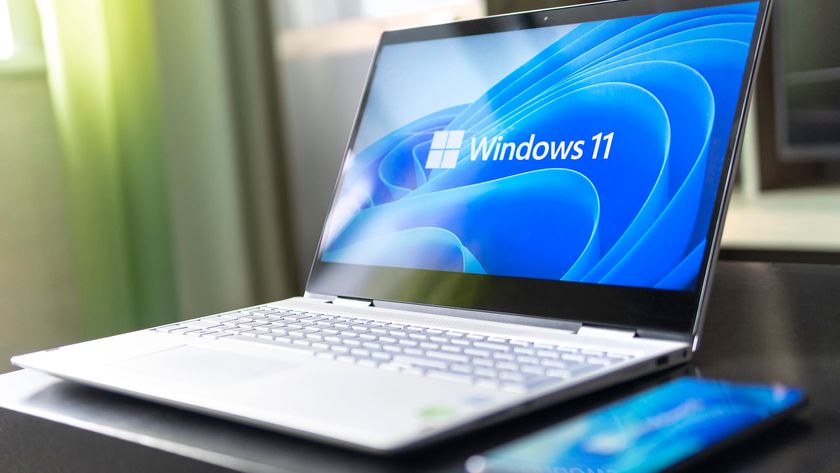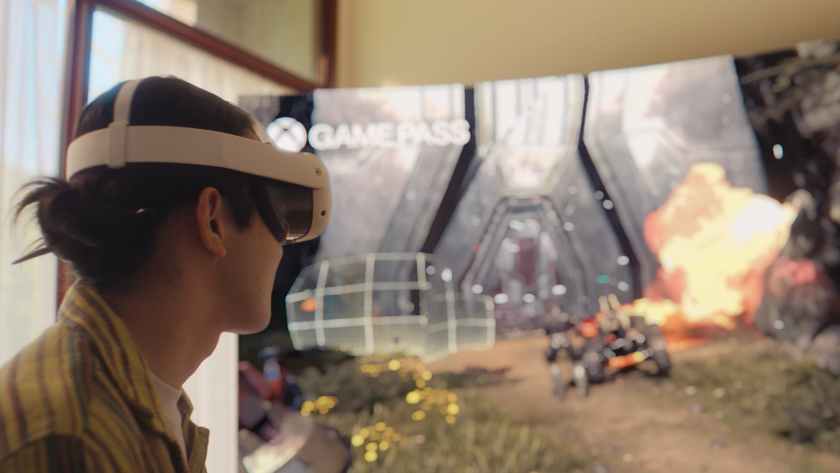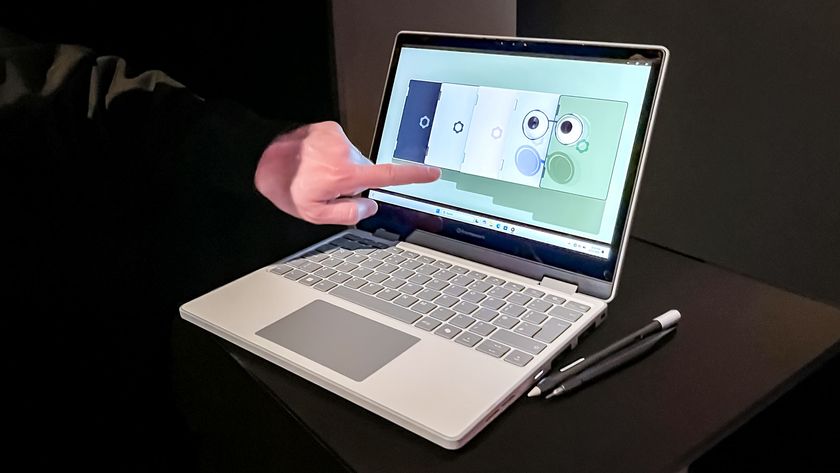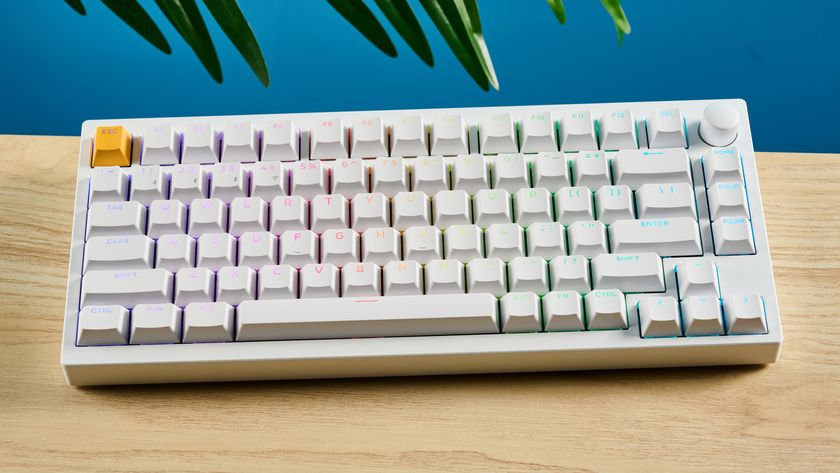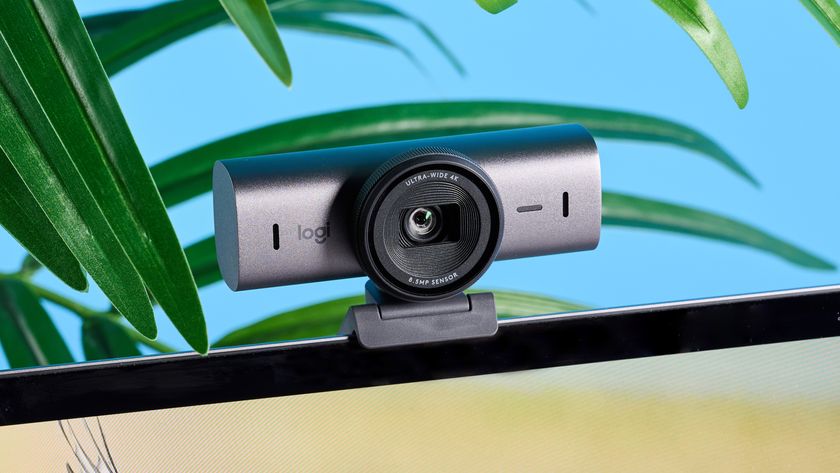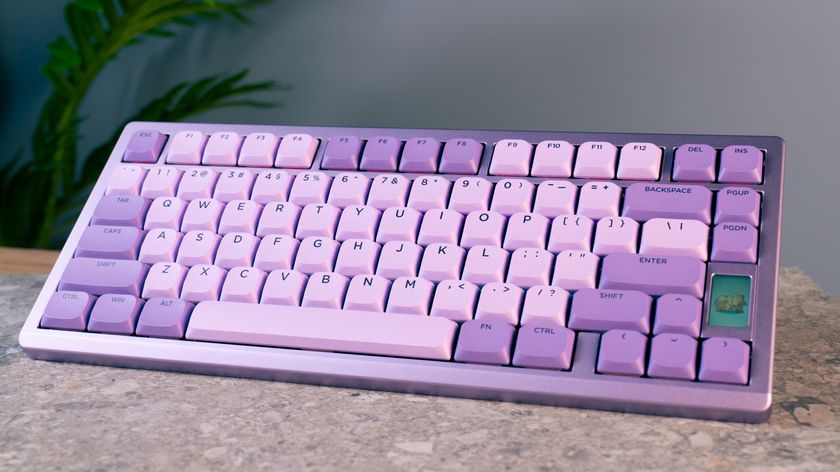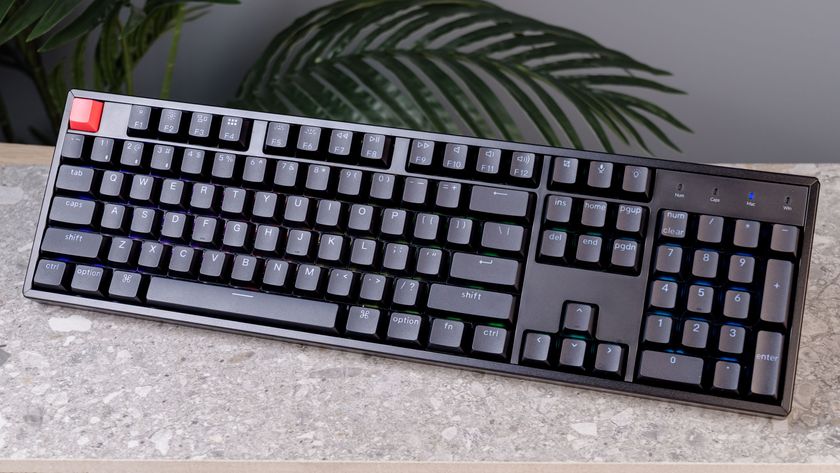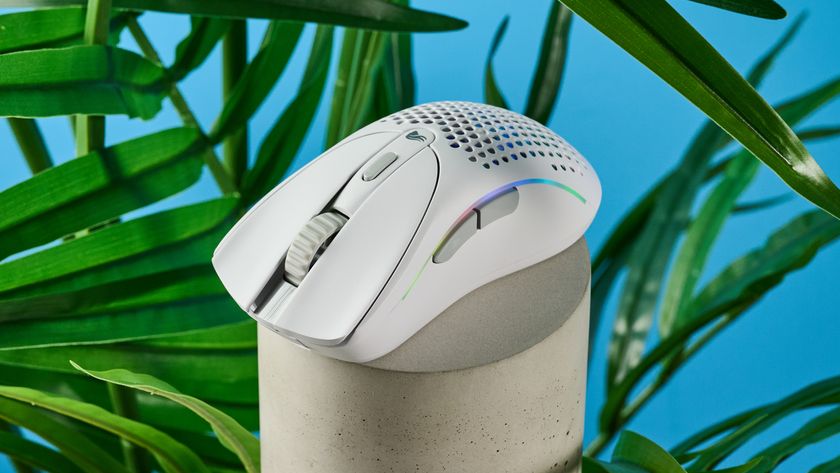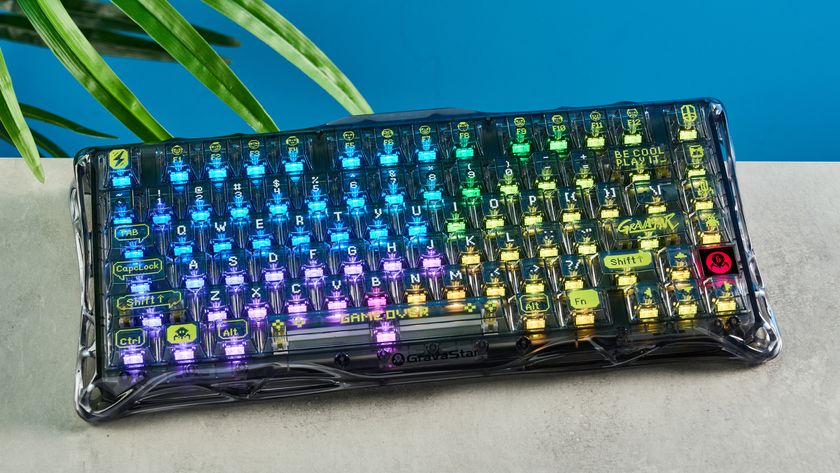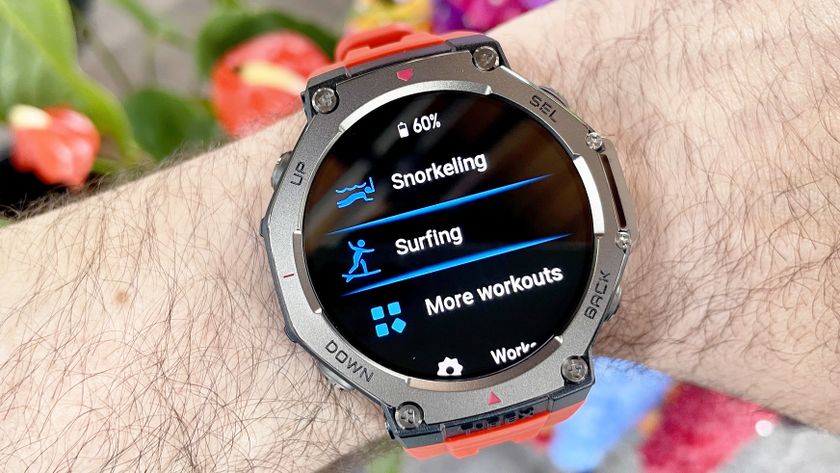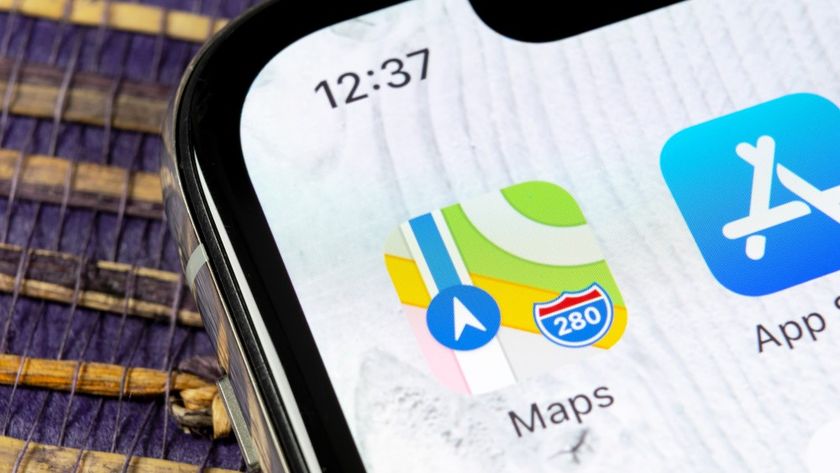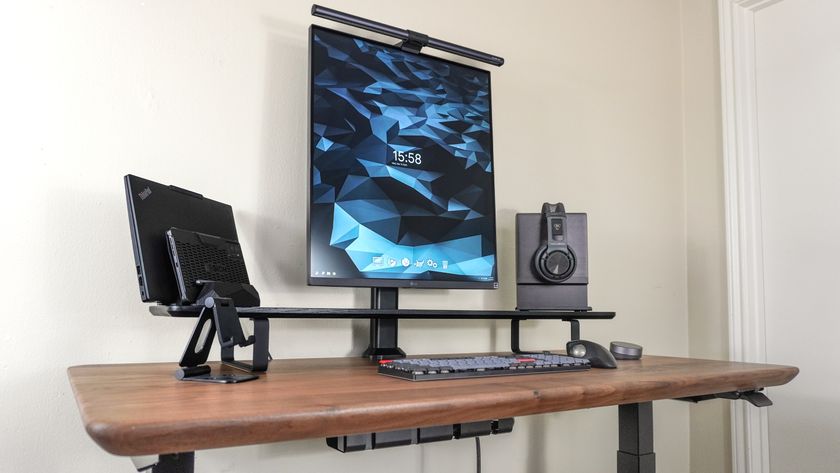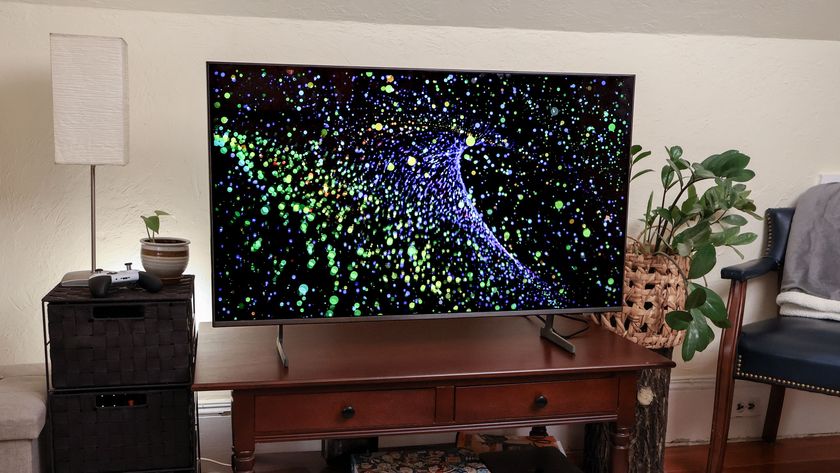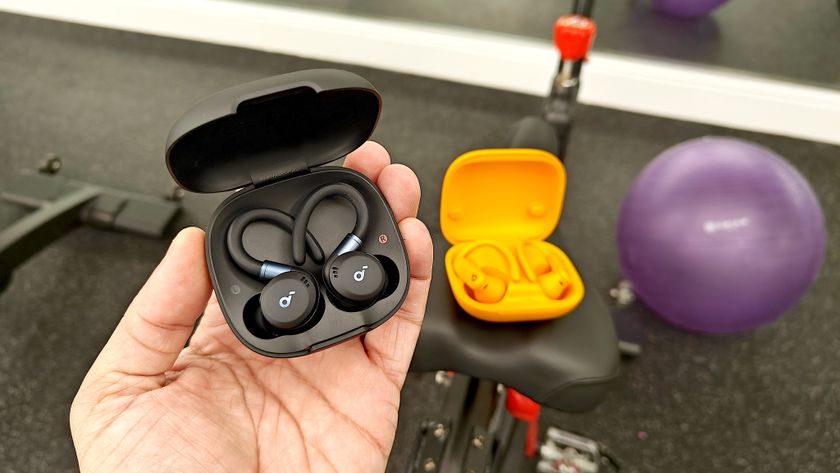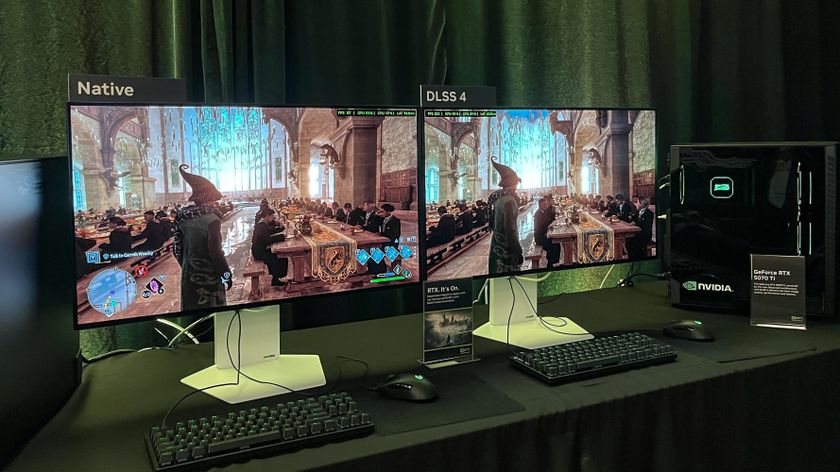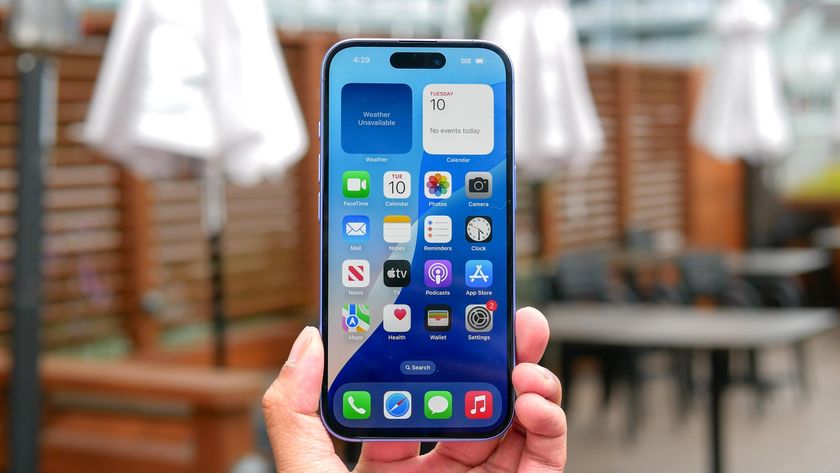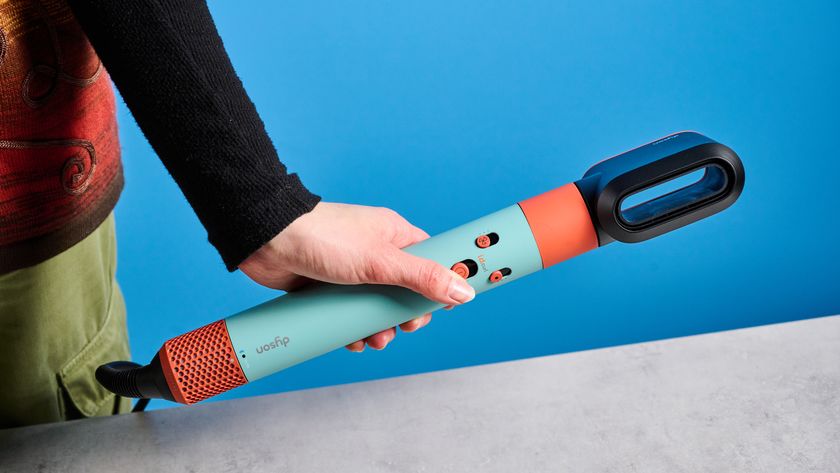Forget the Surface Pro 9 — this is the most exciting new Microsoft product
Get ready for a whole new way to use your PC
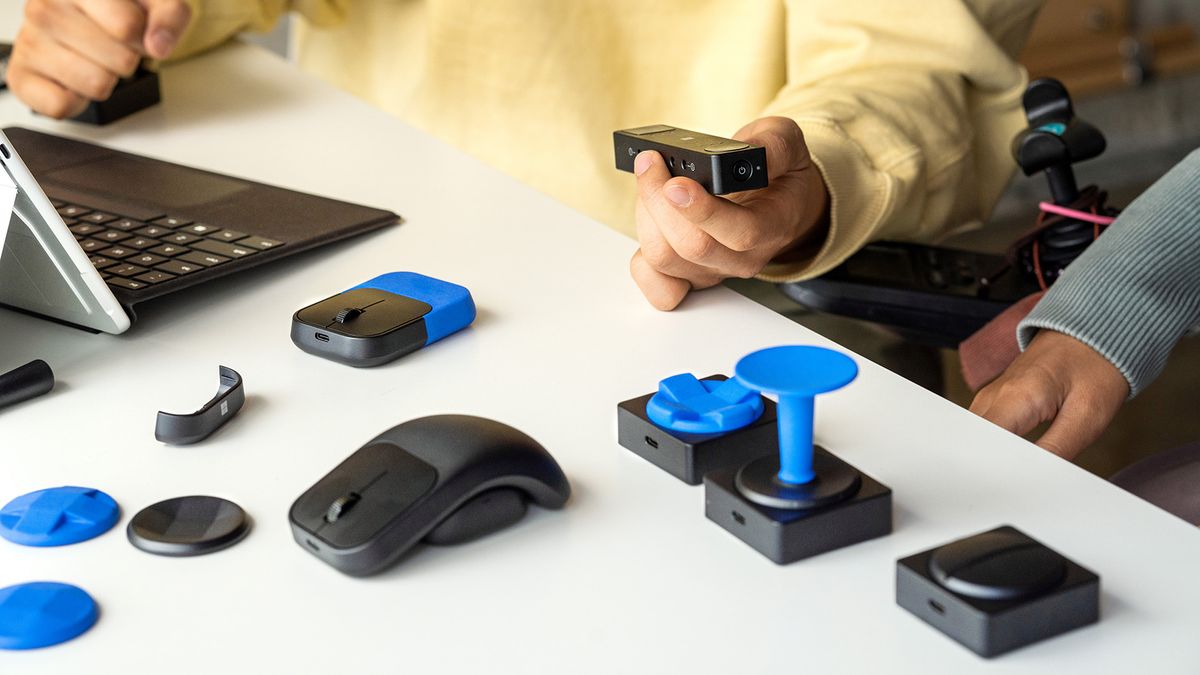
Last week the big Microsoft Surface event introduced us to a slew of new products hitting store shelves this month. The stars of the show were Microsoft's Surface devices, from the Surface Pro 9 (now with optional 5G connectivity) and underwhelming Surface Laptop 5 to the unexpected-but-intriguing Surface Studio 2+ all-in-one.
All will start showing up on store shelves later this month with Windows 11 pre-installed, and I’m excited to get some in for testing so we can see how these devices stack up against the best laptops and PCs on the market. But as neat as these new PCs look to be, for me they’re far from the most exciting product Microsoft talked about last week.
No, I’m way more excited about the Microsoft Adaptive Accessories. Originally announced back in May, Microsoft’s Adaptive Accessories lineup is a small collection of components you can use to construct custom input devices for your PC. This allows you to design controls that might be more comfortable or easier to use than a traditional mouse and keyboard, which is something I’m keenly interested in as a career writer plagued by hand and wrist trouble.
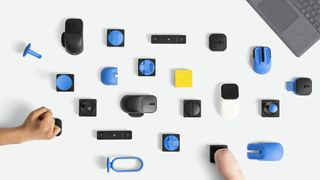
Last week Microsoft finally gave us pricing and availability details for the Adaptive Accessories, and they’re arriving this month – October 24th, to be specific. The prices are about in line with what I expected, too: $60 for the Microsoft Adaptive Hub that can wirelessly sync with other Adaptive components and connect to existing third-party assistive tech, $45 for the Adaptive Mouse (with an optional $15 detachable tail for thumb support) and $40 apiece for the Adaptive joystick and buttons.
This seems like great news for any PC user who has trouble using a keyboard or mouse, and it's nice to see Microsoft expanding its lineup of adaptive devices. I already own the Xbox Adaptive Controller, and even though I don't have a visible disability I'm seriously considering picking up a slew of Adaptive Accessories for my gaming PC later this month. Here's why -- and why I think you should pay attention to this stuff, even if you (currently) have zero trouble with your mouse and keyboard.
Why these Adaptive Accessories matter
Microsoft's Adaptive devices expand the ways in which you can interact with your PC, and that's indisputably a good thing. While there are already many organizations working to make computers more accessible to more people, the fact that a PC industry titan like Microsoft is publicly shining a light on the limitations of the traditional mouse/keyboard combo is a big deal.
When these devices hit store shelves, owners will have access to a set of customizable controls (usable in both Windows and macOS) that allow you to map PC commands and macros onto button presses and joystick input. Since they can connect via Bluetooth 5.1 you can also use them with a phone, which is a cool bonus. The components themselves look sleek and professional while also being large and easy to access, a winning combination in my book.

Obviously, folks with health conditions or impairments that impact how they can use a mouse and keyboard are likely way ahead of the rest of us when it comes to this stuff. Microsoft announced the Adaptive Accessories back in May during its annual Ability Summit, where it talked up its Inclusive Tech Lab and ongoing efforts to make tech more accessible. But even if this is the first time you're hearing about any of it and you don't think this tech was made for you, I think you should pay attention and consider investing in some—either now, or down the road.
As a writer in my mid-30s I'm inarguably a Millennial (trust me I've tried) and our generation is one of the first to grow up with personal computers. That means we're among the first to know what a lifelong keyboard-and-mouse habit does to the human body—and in my experience, it's not great!
I don't know about you, but after three decades of banging away on a rectangular slab of plastic my hands and wrists are aching for a change. I've spent the last few years exploring alternative inputs and lifestyles in an attempt to get back to pain-free PC use, and so far a key factor (in addition to physical therapy, stretching and responsible work/life balance) has been finding new ways of using my PC without a traditional keyboard and mouse.
That includes investing in an Xbox Adaptive Controller for PC gaming and a variety of ergonomic keyboards, including the Microsoft Sculpt. But it also includes using Voice Access, a new Windows 11 feature that recently transformed how I work by making talk-typing feasible instead of a nightmare. And when Microsoft's Adaptive Accessories go on sale, I'm planning to pick up a Hub, a few buttons and a pair of joysticks so I can test them out as PC gaming accessories.
I've spent my whole life playing games and one of the harder things for me to do, as an aging human with RSI and carpal tunnel, is hold a gamepad for more than a few minutes at a stretch. While a Microsoft rep confirmed to me that the new Microsoft Adaptive Accessories regrettably do not work with the Xbox Adaptive Controller, I should still be able to use them to create a decent controller-free PC gaming setup.
And hey, if I can map a few Word or Excel macros to the joysticks for easy access when I'm on the clock, so much the better! These new accessories seem like a welcome addition to Microsoft's catalog of accessible tech, and I can't wait to see what else the company can do to make PCs more inclusive and easy to access.
Sign up to get the BEST of Tom's Guide direct to your inbox.
Get instant access to breaking news, the hottest reviews, great deals and helpful tips.

Alex Wawro is a lifelong tech and games enthusiast with more than a decade of experience covering both for outlets like Game Developer, Black Hat, and PC World magazine. A lifelong PC builder, he currently serves as a senior editor at Tom's Guide covering all things computing, from laptops and desktops to keyboards and mice.
